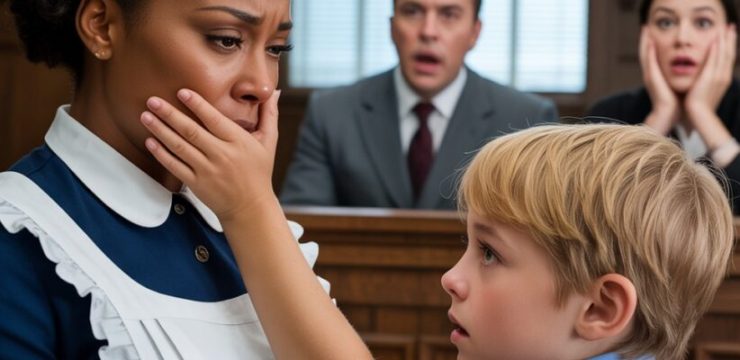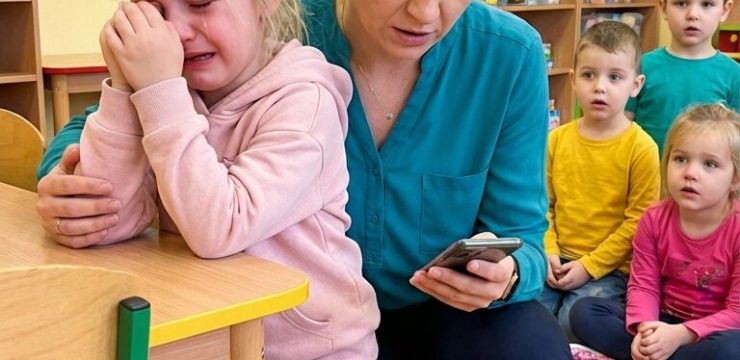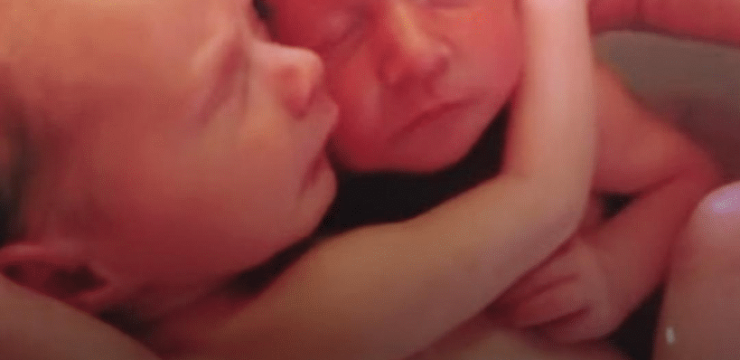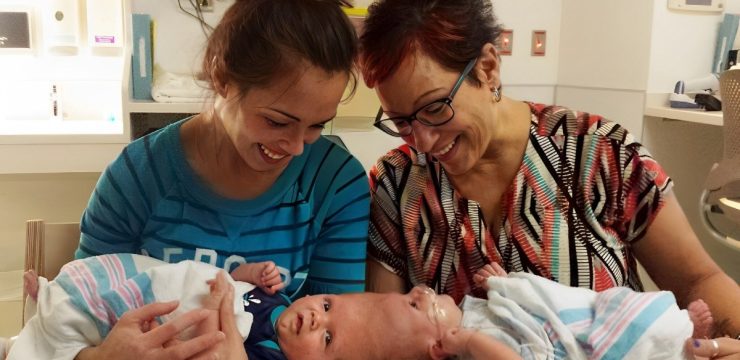The gray light of morning filtered weakly through a curtain of mist, settling over the kitchen like an unfinished thought. The coffee maker beeped its final reminder, but I couldn’t bring myself to move. The air felt heavy, thick with the echo of a night I wanted to forget but couldn’t. On the floor by the door sat a pair of polished shoes, the same ones I had worn to my son’s wedding. They looked out of place now—too formal, too hopeful, like relics from another life. The evening had started in joy, all music and laughter, but it ended with silence and a hollow ache I couldn’t name. No one noticed when I slipped out before the first dance was over. No one called my name or looked for me. The world moved on while I vanished quietly into the night, leaving behind the clinking of glasses and the shallow cheer of a celebration that suddenly didn’t feel like mine.

By now, he would have seen the email. The one I wrote with steady fingers but a trembling heart. It wasn’t angry, nor was it written to hurt him. It was born from exhaustion—the kind that seeps into your bones when you’ve carried love for too long without it being returned in kind. The laptop still glowed on the kitchen table, the single line of that message staring back at me, simple and final. The cursor blinked like a heartbeat, waiting for me to soften it, to add something that would make it easier for him to accept. But there was no way to dress the truth in comfort. There was no apology left to give.
His laughter from the night before kept replaying in my mind. That sharp, offhand remark that cut deeper than he realized—“She’s used to leftovers. She’ll manage.” A joke, perhaps, in his eyes, tossed casually among friends and glasses of champagne. But to me, it was a verdict. I didn’t react then. I smiled politely, the way I always had, swallowing the sting. But later, when the music faded and the lights dimmed, his words lingered like a bruise that wouldn’t fade. He had no idea of the sacrifices made quietly in the background—the choices I made so he could have everything I didn’t. Every late night at work, every birthday where I pretended not to mind being forgotten, every dream I folded away so he could chase his. Under the glow of those wedding lights, surrounded by laughter, something inside me broke. The version of me he thought he knew—the quiet, grateful mother who never asked for much—didn’t follow me home.
At 3:47 a.m., I hit “send.” By now, he had read it. I pictured him waking up, sunlight brushing through his curtains, reaching for his phone with sleepy ease. Maybe he thought it was a message of congratulations or love. But then he’d see my name and open it. And there, in black and white, was the truth I had carried for years but never dared to speak: “Sometimes, love means knowing when to walk away.”
Standing in the stillness of the kitchen, the air felt cleaner somehow, as if speaking my truth had lifted something invisible off my chest. I hadn’t left the wedding to make a statement or to shame him. I had left because staying any longer would have been another quiet surrender, another moment of teaching him that disrespect could be tolerated if wrapped in love. But love, I realized, should never require you to make yourself small. Respect cannot be demanded—it has to be earned, just as love must be nurtured, not assumed.
The email wasn’t an ending; it was an invitation for understanding. I didn’t write to push him away but to help him see what he’d missed—the human being behind the role of “Mom.” The woman who had stood behind him for years, cheering from the shadows, never asking for recognition. Maybe one day, when the noise of life quieted down, he would read it again and understand. He’d see that silence can be louder than anger, and distance doesn’t always mean abandonment. Sometimes, stepping back is the only way to give both hearts room to heal.
The morning settled into a rhythm—soft rain tapping against the windows, the hum of life beginning again. I finally reached for the coffee pot, poured a cup, and wrapped my hands around its warmth. The smell was grounding, the heat spreading through my palms like a quiet reminder that I was still here, still breathing, still whole. The ache in my chest hadn’t disappeared, but it no longer consumed me. There was peace in the knowledge that I had finally said what needed to be said.
Outside, the world was slowly waking. A bird sang somewhere in the distance, its song fragile but determined. I thought about my son, about the boy who once ran to me after every scraped knee and every school disappointment. I wondered when that boy became the man who forgot how to look back. Maybe this moment—this silence between us—would be the thing that taught him what I couldn’t through words. Maybe he’d come to understand that love isn’t measured by duty or gestures at public events, but by the quiet respect we show when no one’s watching.
I took another sip of coffee and watched the mist begin to lift. The light grew stronger, stretching into corners that had been dim only moments ago. Life would continue. It always does. There would be mornings like this—still, reflective, heavy with memory—but also afternoons filled with laughter and evenings touched by forgiveness. Maybe not today, and maybe not soon, but someday.
For now, that was enough. To sit in my kitchen, to feel the calm hum of life around me, to know that speaking my truth didn’t destroy anything—it simply revealed what was already broken. And in that clarity, there was freedom. The kind that comes when you stop waiting for someone else to see your worth and decide to stand in it yourself.
I looked once more at the shoes by the door. I didn’t move them. Let them stay there, a reminder of the woman who walked out of a wedding and into her own strength. Outside, the rain began to fade, and a sliver of sunlight broke through the gray. It wasn’t much, but it was enough—a quiet promise that healing, like dawn, always comes in its own time.





